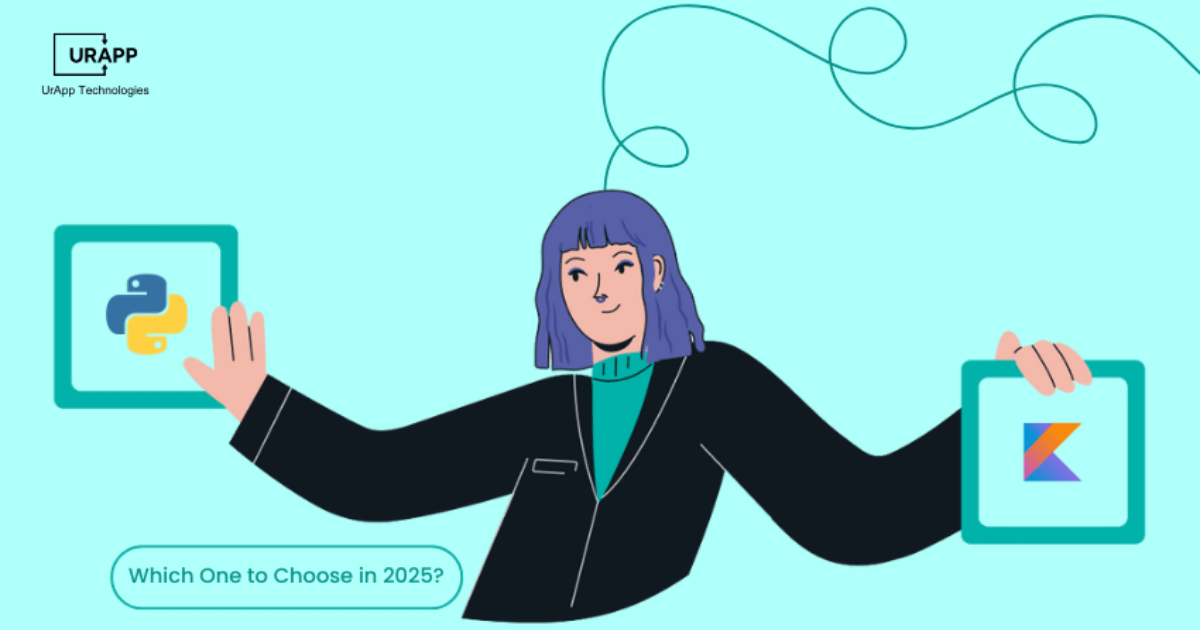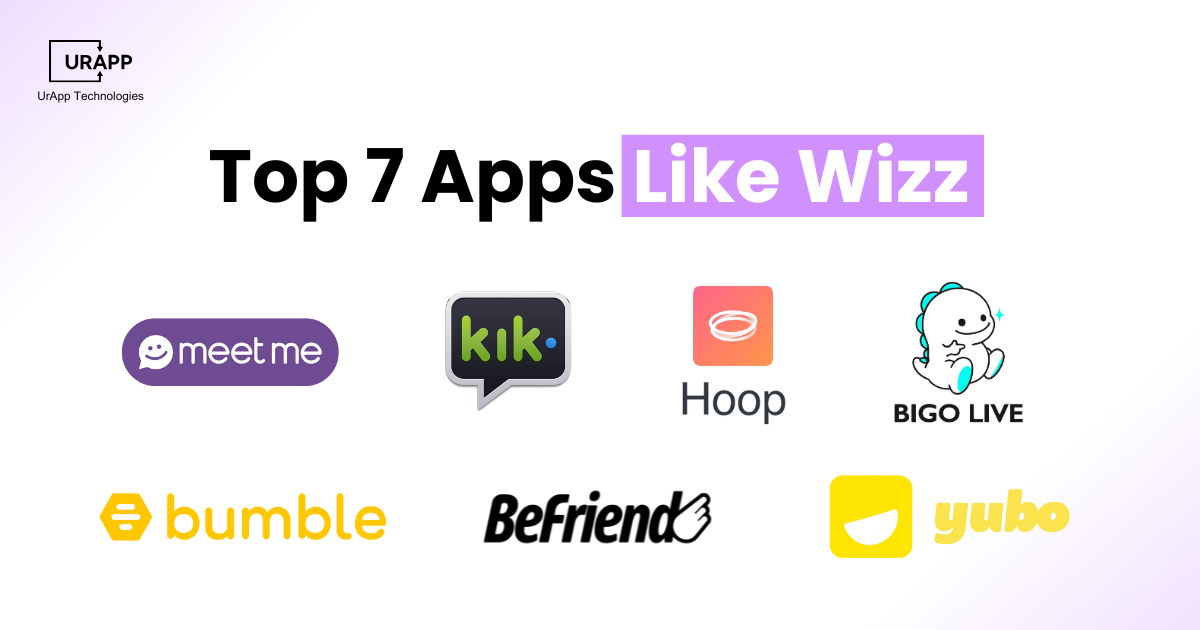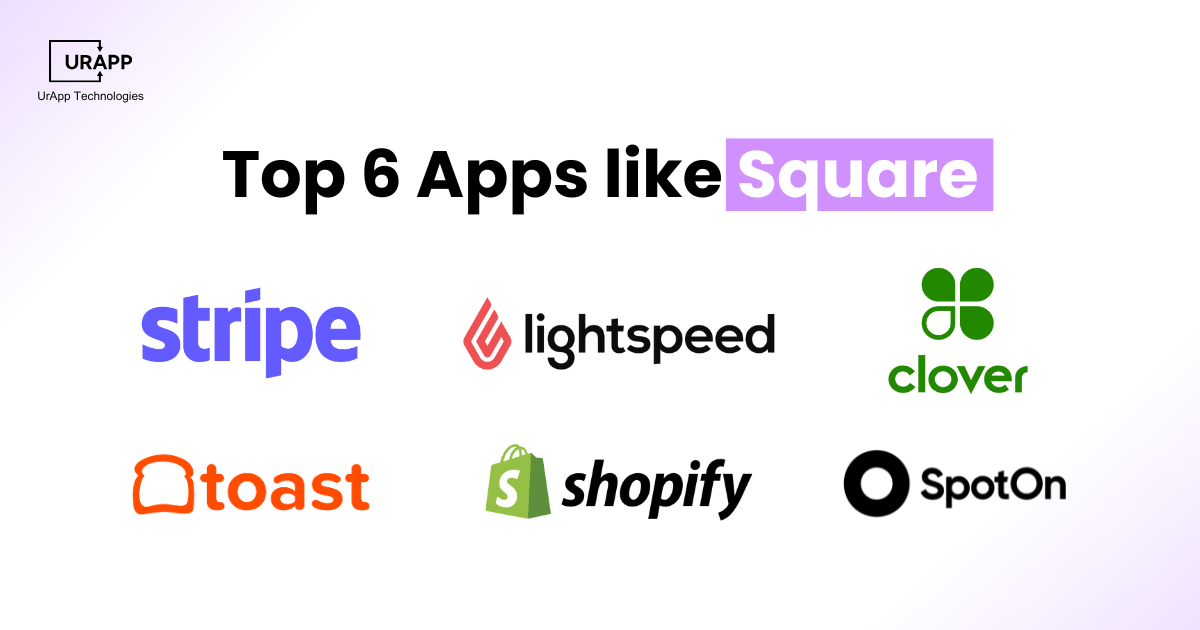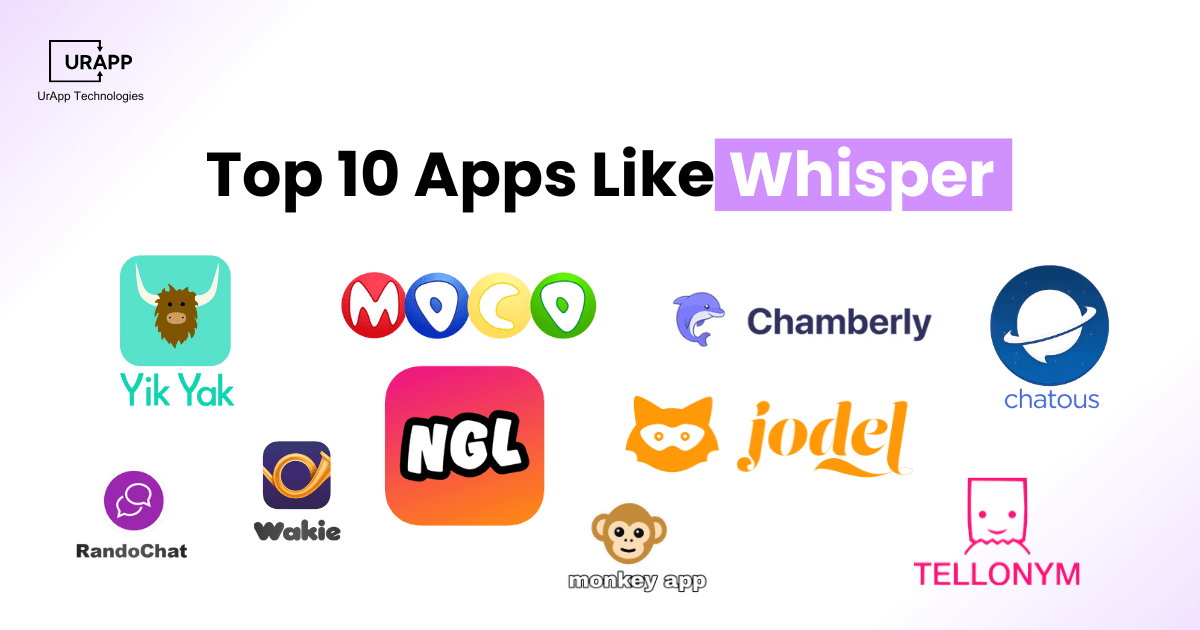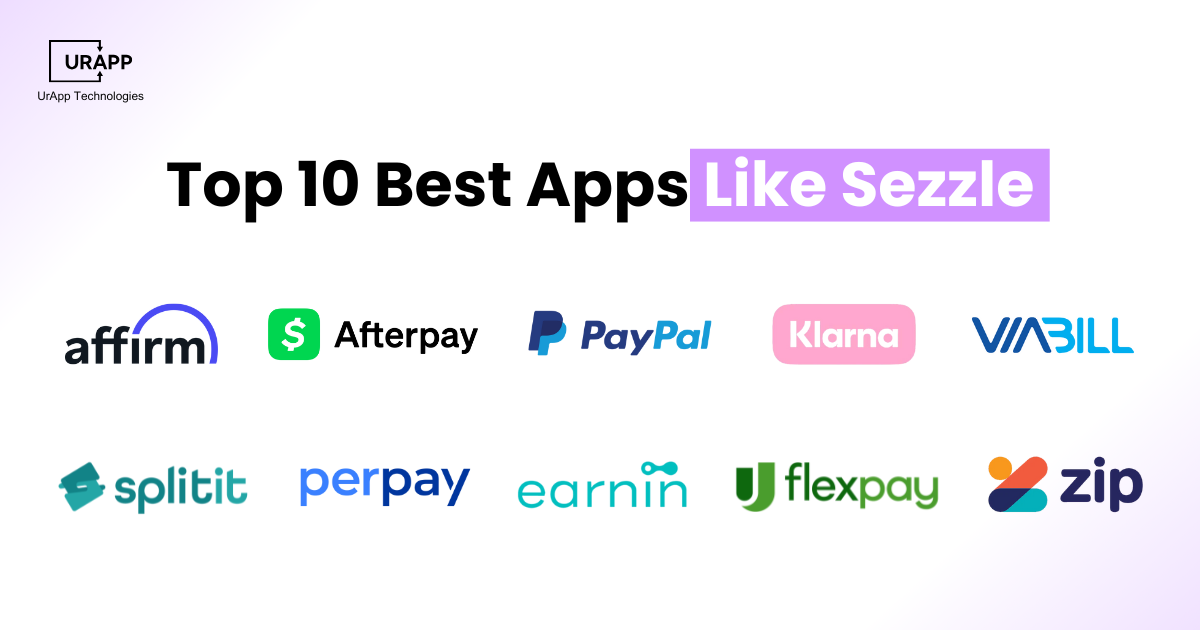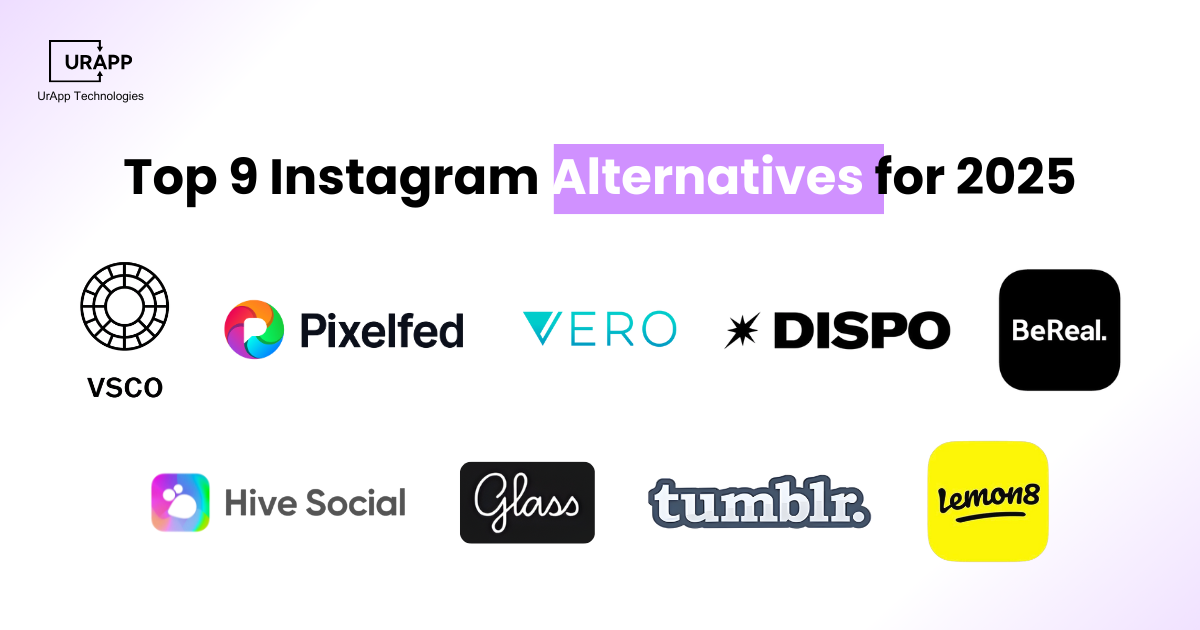Python vs Kotlin: Which One to Choose in 2025
Key Takeaways
- Kotlin works better for Android apps, real time features and fast performance in mobile and backend systems. .
- 51% of developers pick Python, as it's a top choice for AI, machine learning, automation and data projects because it is easy to use and has strong tools. .
- Kotlin is faster because it runs code before execution, while Python is slower since it reads code line by line. .
- Python is simpler to learn, but Kotlin gives more safety and speed due to its strict structure.
- You should choose Kotlin for mobile and speed heavy apps and pick Python if your work involves data or quick testing ideas.
The Python vs Kotlin debate is more important than ever in 2025.
Kotlin:
- Kotlin is well liked for cross platform, server-side and Android development because it provides quicker performance through static typing and compilation.
- Kotlin is faster
Python:
- Python Python's dynamic typing and straightforward syntax make it a leader in data research, AI, web development and automation.
- Python is more flexible and easier for novices
According to Statista, with Python holding 51% as a developer-preferred programming language, it stands as a popular choice worldwide, even as Kotlin expands in enterprise and mobile apps.

Source: statista
What Is Kotlin Used For
The Java Virtual Machine (JVM) serves as the foundation for Kotlin, a statically typed language. Kotlin is increasingly being used by development teams to create reliable software because of its safety, ease of use and smooth Java interoperability.
Here are five major areas where Kotlin is commonly used:
-
Android Apps
Kotlin is now the standard for Android development. Its concise code and prevent errors improve development speed and user experience.
-
Server-Side Apps
With frameworks like Ktor, Kotlin supports secure and scalable backends. It performs well in systems that demand fast and stable processing.
-
Multiplatform Apps
Teams may exchange code across desktop, iOS and Android platforms with Kotlin Multiplatform. This cuts down on development time without compromise on functionality.
-
Web Backend
Kotlin works smoothly in JVM-based stacks and integrates well with modern enterprise systems.
-
Desktop Applications
Kotlin uses tools like JavaFX to create desktop applications that are speedy and simple to use.
Kotlin continues to gain favour in enterprise application development, particularly when dependability and scalability are important. In speed and performance comparisons between Kotlin and Python, Kotlin often produces better runtime results.
While Python vs Kotlin offers unique deals, Kotlin tends to suit mobile and backend heavy systems where speed, structure and stability are priorities.
What Is Python Best Known For
Python's simplicity, clarity and power are widely recognized. Python's simplicity, clarity and power are widely recognized. Both novices and experts will find it perfect because of its simple syntax. Python has grown in popularity over time in multiple industries.
Artificial Intelligence and Machine Learning
- TensorFlow, Keras and PyTorch are some of the tools that have made Python a leader in AI and ML. They help in the development of intelligent systems such as image detectors and chatbots.
Information Science
- Python's Pandas and Matplotlib make it simple to work with enormous data sets and translate statistics into understandable insights.
Automation
- Automation With just a few lines of code, you can use Python to automate processes like file change of name, organize emails and website scraping.
Web Development
- Django and Flask help create fast, secure websites using Python for both logic and databases.
Education
- Python’s clean style makes it great for teaching coding in schools and helping beginners learn fast.
According to Statista, Python leads the world in AI and ML usage. In the Python vs Kotlin debate, Python offers flexibility and ease. Still, Kotlin vs Python can shift depending on the project's nature.
Python Vs Kotlin Key Differences
The advantages of Python and Kotlin are quite different. One is built for speed and structure and the other is made for simplicity and flexibility. The ideal choice between Python vs Kotlin will therefore rely on the type of project you have in mind and how quickly it needs to work.
Here’s how they compare:
|
Feature |
Kotlin |
Python |
|
Syntax |
Compact and formal |
Clean and very easy to read |
|
Typing |
Statically typed ( catches errors before running) |
Dynamically typed (more flexible) |
|
Compilation |
Compiled to JVM bytecode |
Interpreted line by line |
|
Speed |
Faster due to compilation |
Slower in execution |
|
Use Case |
Android, backend, enterprise systems |
AI, ML, data science, scripting |
|
Learning Curve |
Medium, especially for non-Java users |
Low — ideal for beginners |
|
Runtime Errors |
Rare due to strict type checking |
Possible if types aren’t managed |
|
Ecosystem |
Great for mobile, growing in backend |
Huge for AI/ML, backed by large developer support |
A detailed knowledge of these differences will help you choose the right framework in programming that suits your project needs best.
Typing System Comparison
Kotlin: Statically Typed
- Kotlin is statically typed. That means you must define variable types before running the code. This helps catch errors early and improves performance.
- In terms of python vs Kotlin speed comparison kotlin outperforms Python because it avoids type-related execution delays.
- This typing difference also impacts Kotlin vs Python performance, especially in mobile and enterprise apps where safety and structure matter.
Python: Dynamically Typed
- Python is dynamically typed. You don’t need to declare types in advance. More flexibility is provided, but runtime problems are more likely to occur.
Python Vs Kotlin Speed Analysis
Speed plays a big role when choosing between Python vs Kotlin for modern development. The way both languages run code makes a huge difference in real-world performance.
Compiled vs Interpreted
- Kotlin is a compiled language and in practice, code is translated to a form that could be read by a machine before it is run. This means the speed of the processors increases and the software functions better.
- Python is an interpreted language and therefore reads and executes codes line by line. This process incurs more memory resources and increased time especially in those apps, which require high performance.
Runtime Performance in Apps
- In mobile or backend systems, Kotlin delivers better results. Real-time features, background tasks and user interactions feel faster. That’s why in many Kotlin vs Python speed comparisons, Kotlin comes out ahead.
Speed Benchmarks

Benchmark tests show Kotlin completing tasks quicker, with fewer lags during execution. In high-demand systems, the Python vs Kotlin performance difference becomes clear. Kotlin offers steady speed and smoother operations.
When Speed Matters Most
Kotlin is ideal for apps that demand fast responses. From loading screens to real-time data sync, Kotlin handles it well. Python still works great for data tasks, but in mobile or time-sensitive apps, the Kotlin vs Python speed advantage is clear.
Python Vs Kotlin Performance
Learning what Kotlin vs python performance looks like in practical scenarios can guide you in choosing the most suitable language to work on your project.
Performance Comparison
Memory Use
- Kotlin: Efficient memory management via the JVM; clears unused objects quickly.
- Python: Slower garbage collection; may hold onto unused memory longer.
CPU Efficiency
- Kotlin: Compiled language uses less CPU, runs faster.
- Python: Interpreted needs more CPU cycles to execute, can be slower.
Background Threading
- Kotlin: Excellent multi-threading support; handles background tasks smoothly.
- Python: Supports threading but can struggle under pressure, especially due to the GIL (Global Interpreter Lock).
Multi-User Load
- Kotlin: Stable and responsive under high user load.
- Python: May experience lag or crashes if too many users interact at once.
Network Response
- Kotlin: Faster network interactions, suitable for real-time apps.
- Python: Performs well but can slow down as traffic increases.
In short, Python vs Kotlin performance varies by need. For high-load, real-time apps, Kotlin is often the better performer. Python suits tasks where speed is not the main goal.
Pros and Cons of Python Vs Kotlin
When it comes to Python vs Kotlin, the choice will rely on what you intend to create. They are both strong yet with different purposes. Python is king in the AI and automation domain and Kotlin is the master of mobile and enterprise applications.
Kotlin Pros and Cons
Pros
- Concise syntax
Kotlin lets you write less code, which makes apps easier to maintain and understand.
- Great Android support
Google supports Kotlin for Android apps and it works well with Android Studio.
- Null safety
Kotlin reduces app crashes by making developers handle null values clearly.
- High performance
Kotlin is quick in mobile due to the fact that it is a compiled language using JVM.
- Java interoperability
Kotlin works smoothly with existing Java code, which helps in large projects.
Cons
- Smaller community
Fewer developers mean fewer tutorials, tools and support.
- Less AI tool support
Kotlin lacks strong libraries for machine learning and data science compared to Python.
Python Pros and Cons
Pros
- Easy to learn
Python has simple words and structure, which is great for beginners.
- Huge library ecosystem
You get many ready-made tools for data, web and more.
- AI and ML dominance
Python leads in machine learning with tools like TensorFlow and Keras.
- Excellent community
A large, active community helps with support and faster problem-solving.
- Multi-domain support
Python works in web, automation, education and science.
Cons
- Slower speed
Compared to Kotlin, Python runs slower in mobile or real-time apps.
- Runtime errors
Dynamic typing of Python may also cause coding errors upon execution when coded carelessly.
Real-World Use Cases of Kotlin and Python
The choice of python vs Kotlin is usually determined by the performance, the scalability and the nature of the project. The languages are used to operate some of the most popular platforms in the modern world, which demonstrates its importance in any industry.
Kotlin in Real-World Platforms
Kotlin is highly reputable when it comes to mobile development, particularly in Android apps. It is executed by the JVM that assists in providing quicker applications with improved memory handling.
- Pinterest moved its Android app to Kotlin to improve speed and reliability. Screens now load faster and crash reports have dropped, thanks to Kotlin’s safe coding features.
Trello
- Trello uses Kotlin to support real-time task updates and background syncing. Kotlin helps the app stay responsive even when teams collaborate live.
Basecamp
- Basecamp’s mobile team chose Kotlin for a smoother user experience. The codebase became easier to manage and performance improved with fewer bugs.
In terms of Kotlin vs Python performance, Kotlin performs better on mobile where speed and real-time action matter most.
Python in Large-Scale Applications
Python is known for simplicity and power in data-heavy or automation-focused environments. Major companies use it in backend development and AI.
-
Google builds internal tools using Python
It supports many of their search functions, testing systems and automation workflows behind the scenes. -
Netflix depends on Python to serve users worldwide
Python handles data flow, stream delivery systems and recommendations based on user activity. -
Instagram relies on Python for backend scaling
Python supports its API and content delivery, helping it handle billions of user actions without crashing.
In Python vs Kotlin performance, Python leads in machine learning, but not in mobile speed.
Industry Wide Usage Overview
-
Finance
Kotlin powers secure and fast banking apps. Python runs fraud detection systems and financial models in the background. -
Media
Kotlin delivers seamless app UIs for mobile streaming. Python runs data engines that suggest content and monitor user habits. -
Tech
Kotlin works in Android dev tools and multiplatform systems. Python drives backend automation and AI features. -
Healthcare
Kotlin supports patient-facing apps and appointments. Python manages records, report generation and medical data insights.
Working with a trusted digital transformation company can help choose the right language based on your industry and project goals.
Android App Development with Kotlin
Kotlin is now Google’s top choice for building Android apps. It gives developers a clean, simple way to write code while also offering strong support for performance and modern tools.
Why Kotlin Works Best for Android
Android Studio and IntelliJ IDEA both fully support Kotlin, which produces better code with fewer errors. Jetpack libraries and coroutines improve speed and responsiveness. Kotlin is more dependable for Android app development since it handles memory better and compiles faster than Python.
Trusted by Top Mobile Apps
Prominent businesses like Coursera, Trello and Pinterest employ Kotlin for Android apps, which result in quicker updates and fewer problems. Kotlin provides native speed and greater control in Android app development, which makes it a better choice than Python or multiple platforms when performance is important.
AI and Data Science with Python
Python's robust features and simple syntax make it popular in data research and artificial intelligence. It is a great option for machine learning and analytics because it enables quick evaluations and changes. Python is unquestionably superior to Kotlin in the context of analytical systems.
Five Major Tools That Make Python Powerful
-
NumPy
Helps with large-scale mathematical operations and supports arrays, which are used in most data models. -
TensorFlow
A strong open-source library for machine learning, used to train models for predictions, image recognition and more. -
Keras
Works with TensorFlow to make AI model development easier and faster with cleaner, beginner-friendly code. -
Scikit Learn
utilized in machine learning and data mining. facilitates tasks like arrangement, regression analysis and classification. -
Matplotlib
One of the graphical tools that help to construct charts and graphs which facilitate easier interpretation of data trends and output.
As compared to Kotlin, Python is best suited to AI projects in terms of offering quality tools and accelerated test execution than Kotlin, which is ideal in research and data science, as well as mobile apps.
Tools and Frameworks Kotlin Developers Use
Kotlin coders can use powerful tools that make Android and server-side development feel faster and more effective. These tools are also faster, less error causing and versioned to enable modern capabilities that are important in real-world projects.
Five Key Tools Used with Kotlin
-
JetBrains IntelliJ
An intelligent and friendly IDE developed by the Kotlin creators. It assists developers to write clean codes and to detect their errors early. -
Android Studio
The official tool for Android development. It fully supports Kotlin and is widely used for mobile app projects across industries.
-
Jetpack Compose
A modern toolkit for designing user interfaces. It helps create fast and flexible Android screens using Kotlin. -
Ktor
A lightweight framework used to build server-side applications with Kotlin. It works well for fast backend APIs and web services. -
Gradle
A tool that handles project builds and dependencies. It works with Kotlin to manage app structure and ensure smooth updates.
Many developers choose Kotlin for speed and cleaner development. In Kotlin vs Python speed, Kotlin often performs better in Android environments. These tools play a big part in why Python vs Kotlin comparisons favor Kotlin for mobile apps.
Tools and Frameworks Python Developers Use
Python's broad toolkit makes it an excellent choice for web development, data research and ML. With the use of these technologies, developers can handle data, create intelligent systems and produce results quickly.
Five Popular Python Tools
-
Flask
A lightweight web framework that helps developers build simple and quick web applications using clean Python code. -
Django
A full-stack web framework used to build large and secure websites. It follows clear rules that keep the code organized. -
TensorFlow
A top machine learning library used for building and training AI models for tasks like predictions and automation. -
NumPy
A useful tool for doing fast math with big sets of numbers. It is often used in data science and machine learning projects. -
Jupyter Notebook
A smart tool for writing, testing and showing code. It helps teams explain their work with text, visuals and charts.
Python works best in data-focused projects. In Python vs Kotlin performance, Python performs well in AI, while Kotlin leads in mobile. So the choice in Kotlin vs Python depends on project goals and tech needs.
Example: Program to Check Even or Odd
Kotlin Code

Python Code

Comparison
Input Handling:
- Kotlin uses readLine() to read input, while Python uses input().
Function Definition:
- Kotlin uses the fun keyword to define functions, while Python uses def.
Type Declaration:
- Kotlin requires explicit type declaration (e.g., Int), while Python is dynamically typed.
String Interpolation:
- Kotlin uses $ for string interpolation, while Python uses f"" for formatted strings.
Control Structures:
- Both languages use similar control structures (like if statements) but have different syntax.
This side-by-side comparison highlights the differences and similarities in syntax and structure between Kotlin and Python for the same functionality.
Which One Should You Pick
To determine the right choice between Python vs Kotlin, it is essential to base on the type of your project, team skills and future plans. Both languages are strong, yet one of them can suit a particular situation better.
Choose Kotlin If:
- If your project is a mobile application, preferably for Android, Kotlin is the superior choice.
- Faster performance compared to Python in mobile environments.
- Lower memory usage, making it more efficient for mobile devices.
- Provides full control over every feature of the system.
- For real-time apps or tasks demanding high performance, Kotlin offers better stability.
- In most performance comparison tests, Kotlin outperformed Python for mobile development.
Choose Python If:
- If your project involves AI, data science, automation, or rapid scripting, Python is the smarter choice.
- Enables quick prototyping and idea validation with minimal lines of code.
- Simplifies problem-solving through extensive library support.
- Backed by a massive community for guidance and resources.
- Ideal for projects requiring flexibility and fast development cycles.
Final Verdict
-
Go with Kotlin when speed and access to the system matter.
-
Select Python for flexibility, ease of learning, or powerful data tools.
Final Thoughts
Kotlin and Python are powerful programming languages. Kotlin suits mobile and real-time applications well, whereas Python is ideal with AI, data and high-performance scripting. The decision to use either is based on your objectives, project and expertise.
Kotlin vs Python performance gives Kotlin an advantage as far as mobile is concerned, Yet, in case you have a more data-intensive workload, Python will be a better choice for you.
